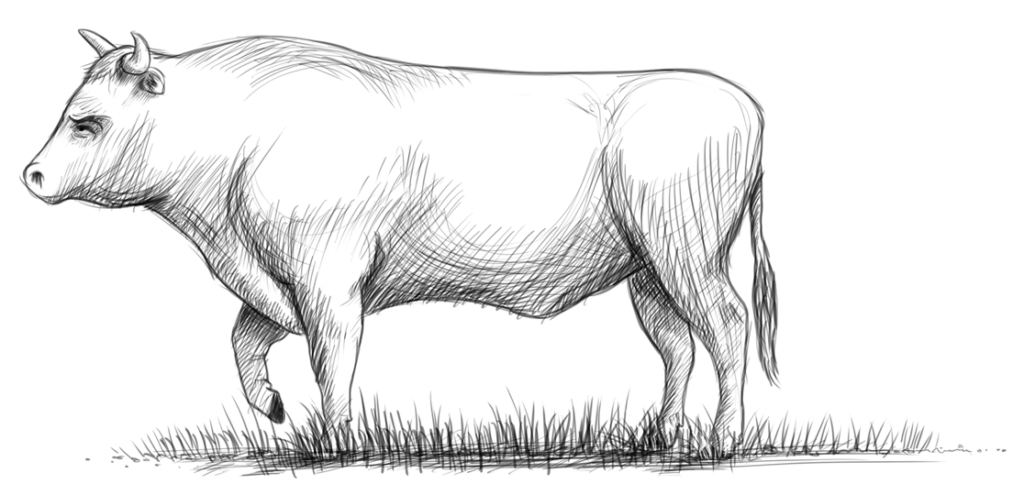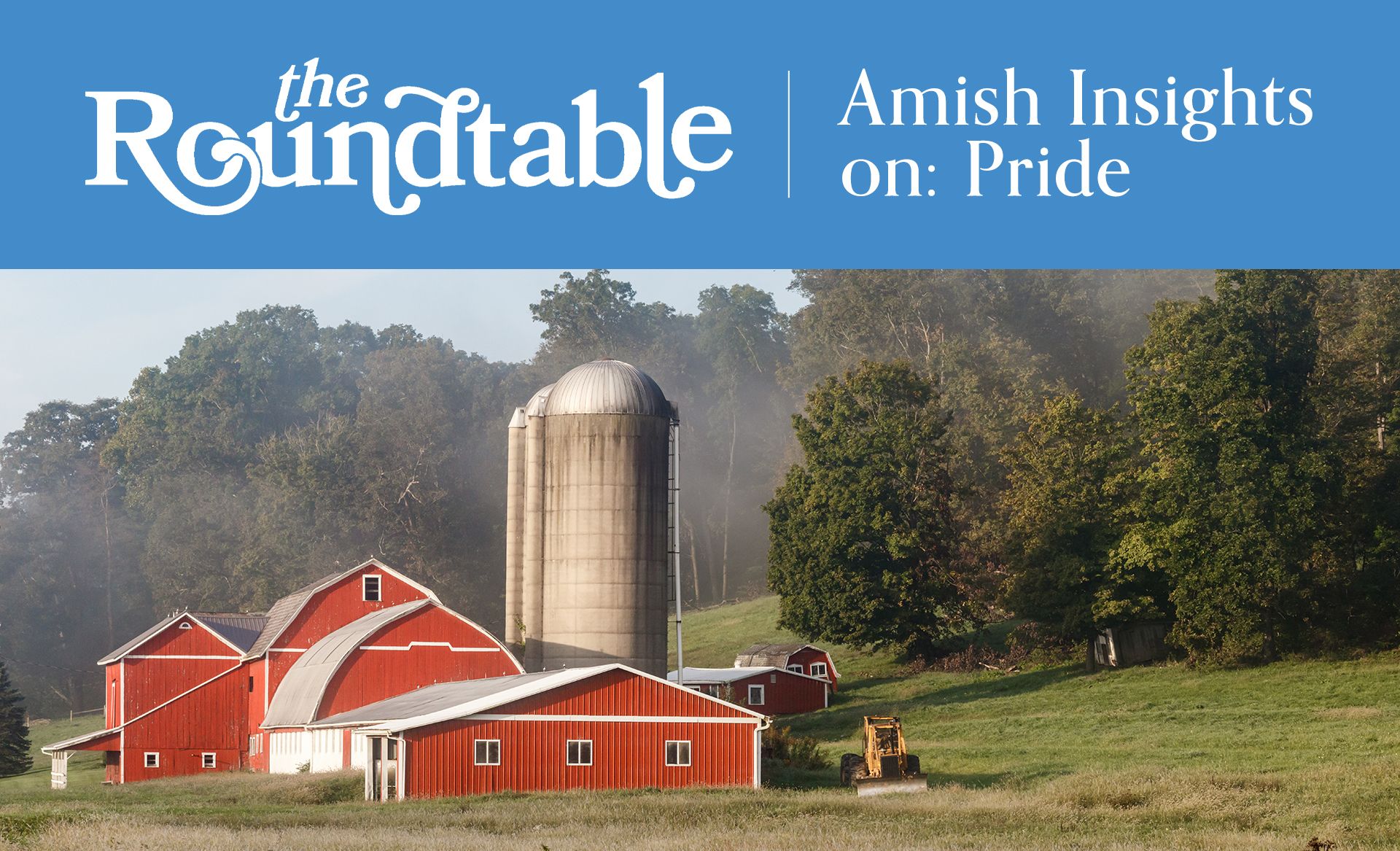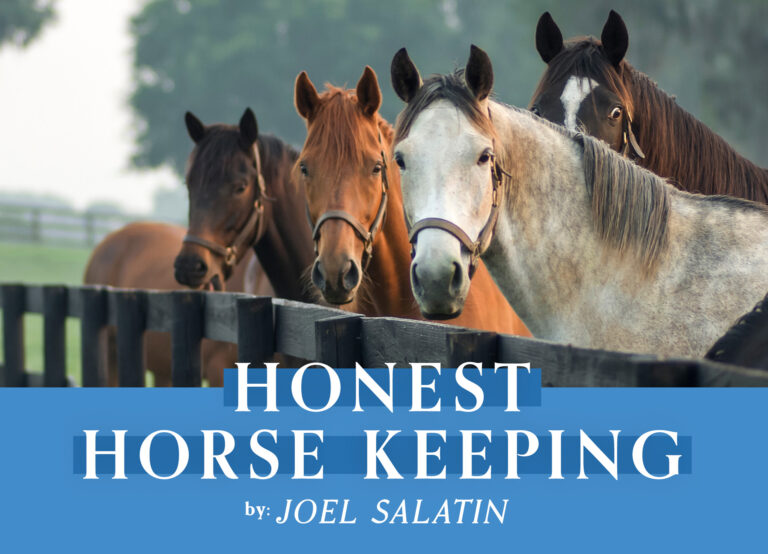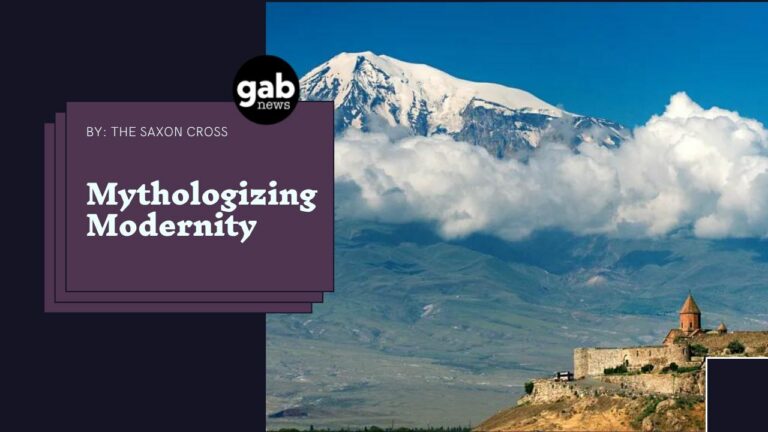by Ivan Keim, Plain Values
First, a note from Marlin Miller, Publisher of Plain Values Magazine:
Across the news and nation, I have sensed a renewed drive to get communities together again, more like the “good ole days.” Now, I’m not a fan of wishing to go back, but the interest and thoughtful questioning of a few of my Amish friends confirmed my hunch time and again. We have assembled a panel of Amish folks, some older and a few younger, who are passionate about strong communities and taking care of one another as God asks us to.
The Amish are not perfect, but they do take care of one another in extraordinary ways, and I believe we have much to learn from it all. There are not many more well-known examples of this than “a good old-fashioned barn raising!” Philippians 2:3–4 says, “Do nothing from selfish ambition or conceit, but in humility count others more significant than yourselves. Let each of you look not only to his own interests, but to the interests of others.”
Our family has had the luxury of having grown up in and around Amish communities our entire lives, and we do indeed have wonderful neighbors. I have no doubt that The Roundtable will become a favorite for many of our readers in the months to come.
Marlin Miller, always looking for more friends
The following article was published in the December, 2022 issue of Plain Values Magazine. If you want the latest Q&A’s every month (including two panelist answers), subscribe to the magazine at plainvalues.com. As a special thanks, get 10% off your subscription with the code “GAB23”!

This Month’s Question:
Homesteaders are often encouraged to be as self-sufficient as possible. How can I overcome the pride of being self-sufficient so that I can reconnect with my community?
Answered by: Ivan Keim, a minister in his local Amish community
Our human tendency is to want to be independent. We do not want to rely on others, but the irony of it is, God created us to be dependent on each other when he created a man and woman in the Garden of Eden.
It seems like today’s driving force to become independent is part of a cycle that we as a society are part of. In the early days of the American settlers, everybody was homesteading, and they needed each other and depended on each other as the need arose. As America developed and our government was established and developed into a powerful body, our society became more dependent on government to develop infrastructure and guidance; government aid became a prominent thing when misfortune struck.
Any time that we become dependent on a larger body, we will also give away some of our independence to them. In more recent years, we have become aware that relying on government for our everyday needs may not be the best solution, and we are trying to become more self-sufficient in our everyday living. Any time that a society goes too far in one direction and the pendulum swings back, we tend to overcorrect ourselves. In our case, we are trying to do it all ourselves versus doing it as a community.
This question reminds me of a story told to me by an older gentleman in our community. Back in the 60s and 70s, the majority of the Amish in our community were farmers, and they depended on each other to harvest their crops. It came to the point where their family and a neighboring family could afford a baler together, so they bought one as partners.
First, they would make hay for one family and then help each other make hay for the other family. They did this until they could both afford a baler and then they no longer helped each other.
This is a common theme: as our income increases, we tend to buy tools and equipment to become more self-sufficient, but in the end, it does not bring our community together. Working together has a way of developing our relationships. When we sweat together, grit our teeth together, and bear pain together, we also get to enjoy the sweetness of victory together. A special moment is always more enjoyable when it is shared with somebody else.
I like the term “interdependence.” We are depending on each other as a smaller body and community. A community member may have a work day to work on a building project, and a number of people get together to help. Later, another community member may have a work day for a project he has. We all get together to help out. We could possibly hire a private contractor to do the work. This may be needful at times but will also eliminate our ability to come together as a community.

Borrowing tools, equipment, or animals from each other is another way that we can become interdependent. I may have a skid loader that a neighbor can use, and he may have a tractor that I can use if the need arises.
This spring, another person in our community borrowed our bull. This was helpful to me because I did not have to keep him in another pasture until I was ready for him. Our neighbor kept him and was able to use him in the duration. It was a win-win for both of us. Sharing sire animals in this way can be very helpful for homesteaders who do not have a large enough herd to keep one themselves. Borrowing comes with a give and take. We were always taught that if you borrow something, you take it back in as good as or in better shape than it came. If you break it, you fix it. This cultivates a good relationship. We also want to have a good attitude if our neighbor breaks something and does not fix it. Let’s fix it so that it is ready for him if he needs it again. This is a form of forgiveness. Our human tendency will think that if he breaks it, he cannot have it again. Do we want to sacrifice relationships over material things and money?
Sharing and laboring together as a community makes us part of something that is greater than ourselves. We, as humans, are searching for something that is greater than us.
“…It is more blessed to give than to receive.”
Acts 20:35
This article was published in the December, 2022 issue of Plain Values Magazine. If you want the latest Q&A’s every month (including two panelist answers), subscribe to the magazine at plainvalues.com. As a special thanks, get 10% off your subscription with the code “GAB23”!
Email us your own questions for The Roundtable at [email protected]

Ivan, Emma, and their four children live on a 12-acre homestead where they strive to raise as much of their own food as possible. Each year they have a large garden, harvest from their orchard, use raw milk from their own cow, and process chicken, turkey, beef, and pigs for their freezers. Ivan is a minister in the local Amish community. He builds tiny homes and animal shelters for a living. His models can be seen on tinyhomeliving.com.





